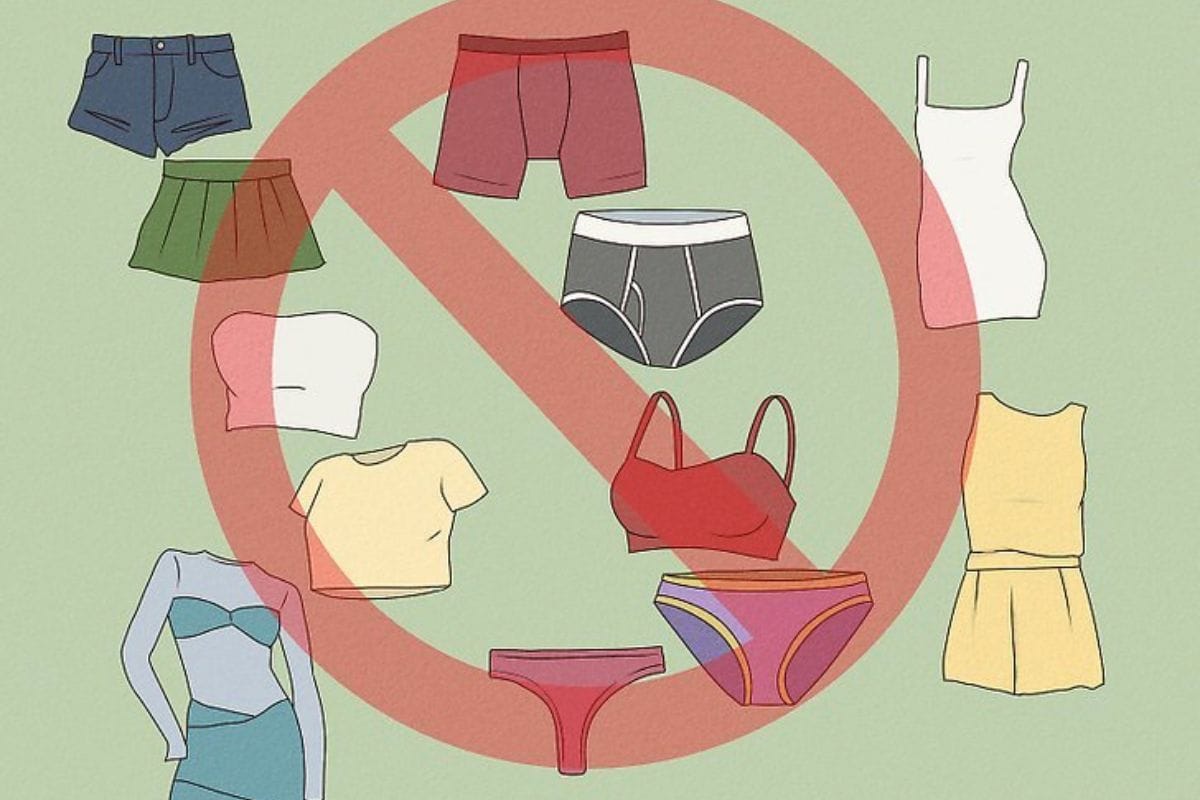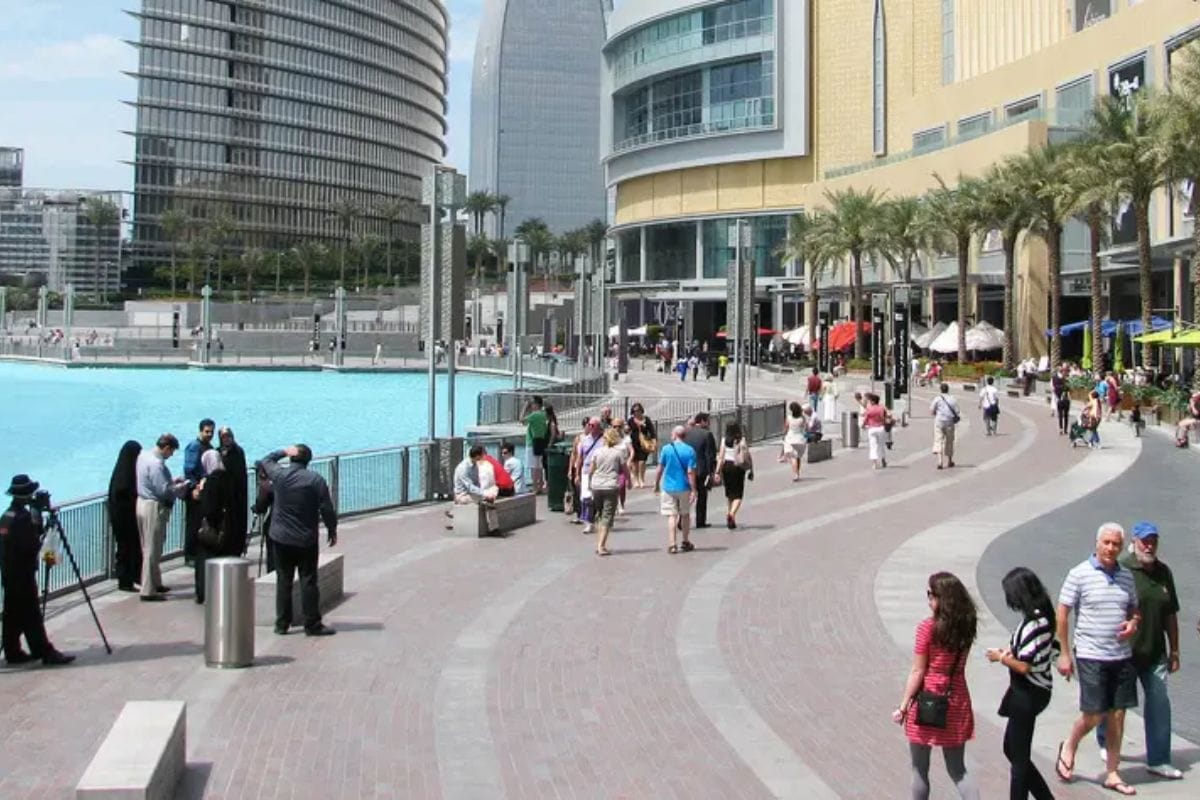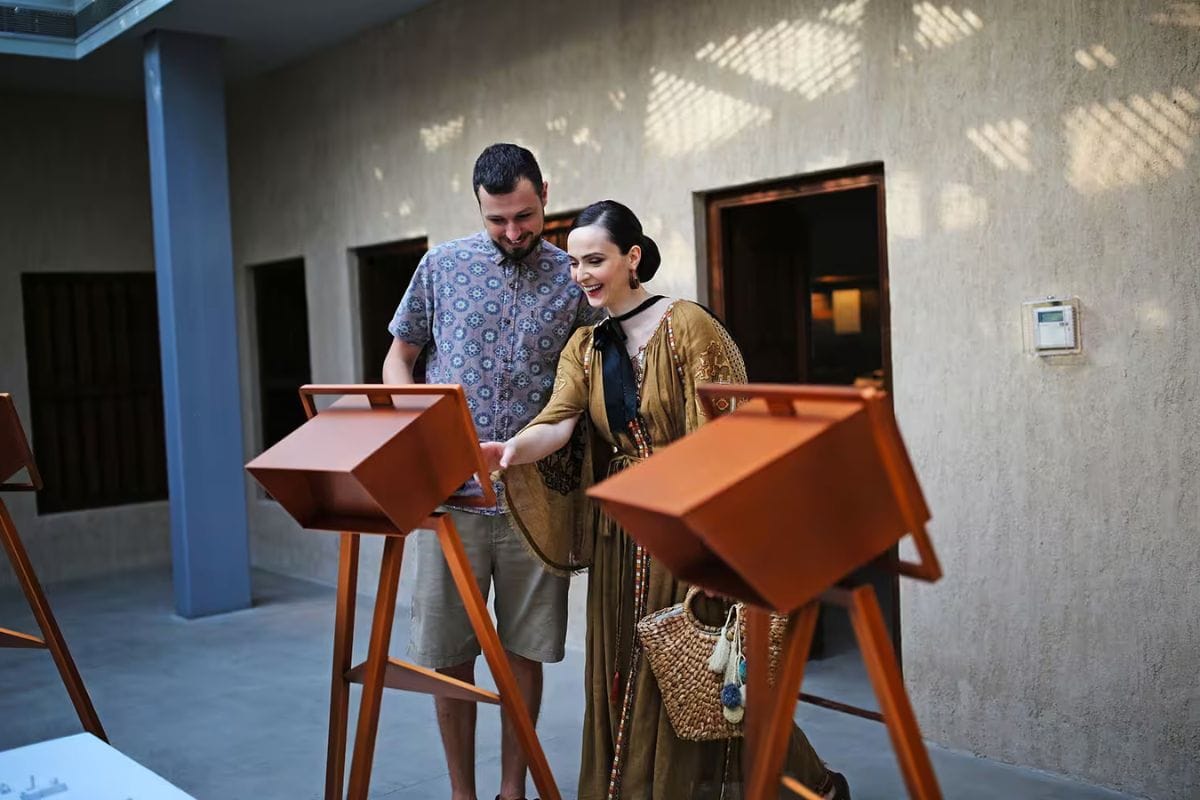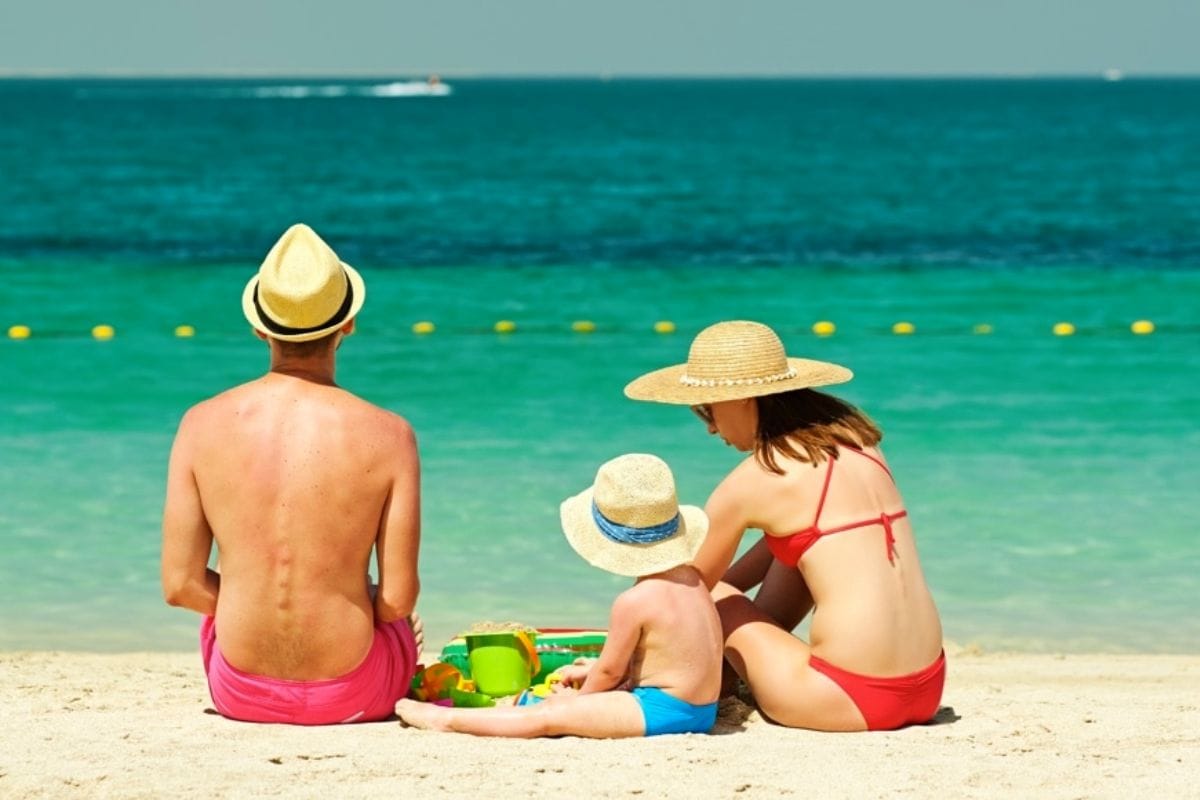Dubai, a cosmopolitan city that seamlessly blends traditional Arabian culture with modern influences, attracts millions of visitors every year. While the city is known for its progressive outlook and liberal policies, it's essential to respect the local customs and traditions, especially when it comes to dressing appropriately.
As a visitor to Dubai, it's crucial to familiarize yourself with the dress code to avoid offending cultural sensibilities or attracting unwanted attention. The dress code in Dubai is governed by Islamic principles of modesty and decency, and it applies to both residents and tourists alike.
Whether you're exploring the city's iconic landmarks, attending business meetings, or simply strolling through the bustling markets, dressing appropriately is a sign of respect for the local culture. This comprehensive guide will provide you with valuable insights into the dress code for men, women, and tourists in Dubai, ensuring that you can fully immerse yourself in the city's vibrant atmosphere while adhering to the local norms.
By understanding and adhering to the dress code, you'll not only avoid any potential cultural misunderstandings but also contribute to fostering a positive and inclusive environment for all visitors and residents in this remarkable city.
Understanding the Significance of Dubai's Dress Code:

The dress code in Dubai is deeply rooted in Islamic principles of modesty and decency, reflecting the cultural and religious heritage of the United Arab Emirates. While the city embraces diversity and welcomes visitors from all walks of life, it is crucial to dress appropriately out of respect for the local customs and traditions.
The dress code in Dubai serves as a means of preserving the city's cultural identity while promoting a harmonious coexistence between residents and visitors. By adhering to the dress code, tourists not only demonstrate their respect for the local culture but also contribute to fostering an inclusive and welcoming environment for all.
General Guidelines for Dressing in Dubai:
Public Places:

- Cover your shoulders and knees when in public spaces such as malls, markets, and tourist attractions. This applies to both men and women.
- Avoid revealing clothing that exposes too much skin or displays offensive slogans, images, or graphics that could be considered inappropriate or disrespectful.
- Refrain from wearing swimwear outside designated beach and pool areas. It's important to cover up when transitioning from these areas to public spaces.
Religious Sites and Heritage Areas:

- When visiting mosques, both men and women should dress modestly, covering their arms and legs. This shows respect for the religious and cultural significance of these sites.
- Women may be required to wear an abaya (a loose-fitting robe) and a headscarf, which are often provided by the mosque. These garments help maintain an atmosphere of reverence and propriety.
- In traditional Arabian souks and heritage sites, it is advisable to dress conservatively, covering your shoulders and knees. These areas often have a more traditional and cultural ambiance, and dressing modestly is a sign of respect.
Beaches and Water Parks:

- Swimwear, including bikinis and swimming trunks, is acceptable at beaches and water parks, as these are designated areas for such attire.
- However, avoid wearing revealing or see-through swimwear that could be considered inappropriate or offensive.
- Topless sunbathing is strictly prohibited and considered illegal in Dubai, as it goes against the cultural norms of modesty.
Nightlife and Restaurants:
- While the dress code is generally more relaxed in nightclubs, bars, and upscale restaurants, it's still important to dress modestly and avoid revealing outfits.
- Many establishments have their own specific dress codes, which you should check in advance to ensure compliance. Some may require formal attire, while others may be more casual.
- As a general rule, it's advisable to avoid clothing that exposes too much skin or displays offensive imagery or slogans.
Points to keep in mind while packing
Summer in Dubai:
- Lightweight, breathable fabrics like cotton and linen are ideal for the hot and humid summer months in Dubai.
- Pack loose-fitting shirts, dresses, and trousers that cover your shoulders and knees, allowing your body to breathe while adhering to the dress code.
- Carry a light shawl or scarf to cover up when needed, especially when visiting more conservative areas or religious sites.
- Don't forget to apply sunscreen regularly and wear a hat or sunglasses for protection against the intense Middle Eastern sun.
Winter in Dubai:
- During the cooler months, layering is key to staying comfortable while adhering to the dress code.
- Pack long-sleeved shirts, sweaters, and light jackets for the evenings, which can get chilly.
- If you plan to venture into the desert, bring a thicker jacket or coat to keep you warm, as temperatures can drop significantly at night.
- Don't forget to carry a light raincoat or umbrella in case of occasional rainfall during the winter months.
Frequently Asked Questions (FAQs):
Q. Can women wear shorts in Dubai?
Yes, women can wear shorts in Dubai as long as they are not too revealing and cover the knees. Knee-length or longer shorts are generally acceptable, especially in more casual settings like malls or beaches.
Q. Do women have to wear a hijab (headscarf) in Dubai?
No, it is not mandatory for female tourists to wear a hijab in public places in Dubai. However, it is required when visiting mosques or certain religious sites out of respect for the local customs and traditions.
Q. Can men go shirtless on Dubai beaches?
No, it is not advisable for men to go shirtless on public beaches in Dubai. Even in beach areas, it is expected that men wear a shirt or cover-up when not actively in the water.
Q. What should women pack for Dubai?
Women should pack a variety of modest clothing options, including loose-fitting dresses, skirts or trousers that cover the knees, and tops that cover the shoulders. A lightweight shawl or scarf is also recommended for additional coverage when needed. It's always better to err on the side of modesty when visiting Dubai.
Q. Can tourists wear casual outfits in Dubai?
Yes, casual outfits like jeans, t-shirts, and comfortable shoes are generally acceptable for tourists in Dubai, as long as they adhere to the general guidelines of covering shoulders and knees. However, it's important to remember that certain venues or occasions may have specific dress codes that should be respected.
Q. What do Dubai citizens wear?
Emirati citizens, the local population of Dubai, typically wear traditional clothing that reflects their culture and religion. Men often wear a long white robe called a kandora or dishdasha, while women wear a black robe called an abaya and a headscarf called a shayla.
Q. Are there any dress restrictions in Dubai?
While Dubai is a diverse city with a range of clothing styles, there are some general dress restrictions to be aware of. Clothing should not indecently reveal parts of the body or display offensive images, slogans, or graphics. Nudity is strictly forbidden, and swimwear is not allowed in public places outside designated beach or pool areas.
Q. What is the dress code for female tourists in Dubai in 2024?
The dress code for female tourists in Dubai is expected to remain similar in 2024, emphasizing modesty and respect for local customs. Women are advised to wear tops, dresses, skirts, and trousers that cover their shoulders and knees, opting for less revealing outfits in public spaces and certain areas.
Q. What not to wear in Dubai as a tourist?
As a tourist in Dubai, it's advisable to avoid clothing that excessively reveals cleavage or thighs, especially in public and traditional areas. For men, walking around shirtless or with too many shirt buttons undone is generally frowned upon. Beachwear like swimsuits or bikinis should be reserved for beach or pool areas.
By understanding and respecting the dress code in Dubai, tourists can fully immerse themselves in the city's rich cultural tapestry while ensuring a comfortable and hassle-free experience. Whether you're exploring the bustling markets, admiring the architectural wonders, or indulging in the vibrant nightlife, dressing appropriately will not only demonstrate your respect for local customs but also allow you to embrace the city's unique charm and hospitality fully.
Remember, the dress code in Dubai is not about restricting personal expression but about embracing the diversity and fostering a harmonious coexistence of cultures. With a little mindfulness and preparation, you can effortlessly navigate the city's dress code and create lasting memories of your Dubai adventure.
Also Read:













